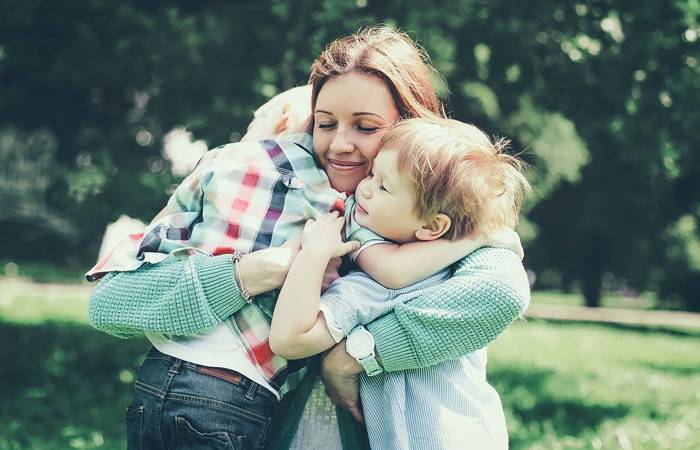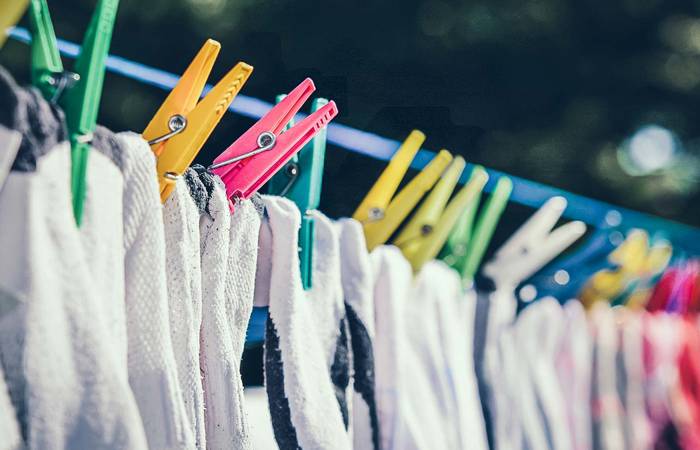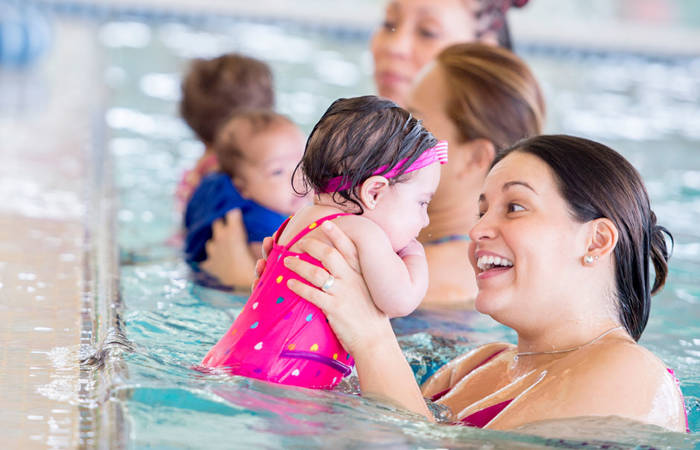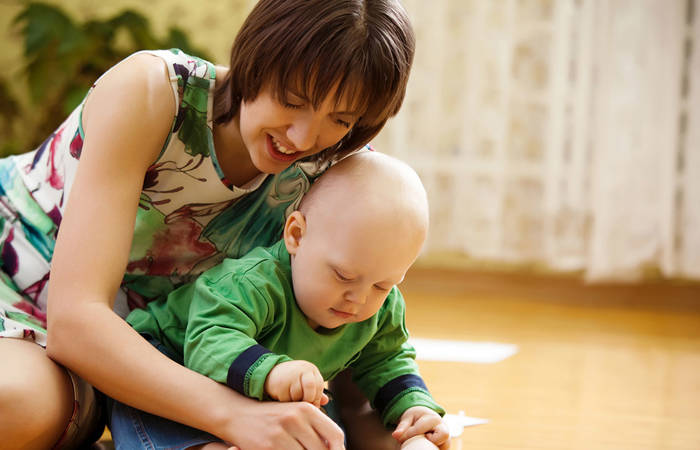Like what you see?
Sign up to receive more free parenting advice.
Thank you for subscribing to our newsletter!
Lifestyle

Credit: iStock.com/Anchiy
Over 45,000 children in Australia live in out of home care. Some will find a temporary or permanent home with relatives, while others need a different option.
But regardless of the type of care, it all adds up to one fact:
“There’s a shortage of foster carers, we need more,” says Renée Carter, CEO of Adopt Change and spokesperson for My Forever Family NSW, a program which engages and supports potential and existing foster and kin carers, guardians and adoptive parents.
At least 350 more homes are currently required in NSW alone to ensure every child who needs a home has one through foster care or permanent care.
Nationally the figure is a lot higher. While most of us don’t realise the level of need, we also don’t know about the different types of care available, including fostering.
Australia’s foster care system is state-based, with most states and territories requiring a variety of carers to cover all potential situations.
The preference, aside from children being able to return to their family of origin (always the priority), is for children in care to stay with relatives in a type of care often referred to as ‘kinship care’.
In a crisis, emergency foster carers step in, looking after children as young as infants, through to teenagers, at short notice while longer-term arrangements are made. Wherever possible, siblings are kept together: another challenge for the system and one reason that carers willing to take in siblings are always needed for all types of care.
Respite carers give parents and carers a rest, providing a stable home for children and young people on regular weekends or during school holidays. These are often long term relationships.
“Respite care is like providing a child with an extended family,” says Renee.
Short and medium-term carers step in to provide children with a safe, welcoming home while their birth family is working on changes so they can return home.
These placements may last up to six months or longer. While they are extremely important, those within the system know that keeping these placements to a minimum is essential.
“It’s been recognised across Australia that we also need options for permanency,” says Renee.
“Unfortunately, kids sometimes move too many times, so they don’t have stability. If you can imagine a little person being bounced from home to home, that’s not helping them to recover. We need all different types of care, including homes that can provide permanency if a child can’t return home,” she says.
In November 2016, all states and territories committed to prioritising permanency for children in care. This means that when other options are not appropriate, a child may need a permanent home with a long-term foster carer or guardian.
“Each state and territory has a different interpretation of what that means, but they agree that instability has problems,” says Renee.
Yes, they are superheroes in some ways, but they are everyday people who have found a way to help out kids who don’t have those everyday, stabilising elements all children need.Renée Carter
Stay up to date with the latest news and articles from First Five Years
Thank you for subscribing to our newsletter!
How to get involved in foster care
Renee emphasises it’s important to realise that foster carers are not superheroes.
“Yes, they are superheroes in some ways, but they are everyday people who have found a way to help out kids who don’t have those everyday, stabilising elements all children need,” she says.
The process usually starts with a call or an email to a body like My Forever Family (there are equivalents in each state).
“In NSW we will then connect you with one of the foster care agencies that suit your situation. After that come workshops, training and assessment. We are assessing to find homes where children are safe and nurturing; that’s so important as these children have already been through so much,” Renee says.
At the assessment stage, the agency will be keen to talk with your children.
“That’s part of the process in screening. Usually there will be an appropriate age gap and the child in foster care will be two years younger than your child – it’s a general guideline that a lot of agencies will use as it keeps a bit of the natural order of bringing in someone new,” she says.
Explaining foster care to children
Although Renee emphasises that foster carers don’t need to be parents, married or of a particular sexual orientation – all types of families become foster carers – she says children already living in your home should be involved in the process early.
“You want to give them some context and have them on board. It’s someone new coming into their home,” she says.
An explanation may include something like the following, Renee says:
“All mums and dads love their children, but sometimes they aren’t able to provide the care that children need. Children need lots of things and sometimes parents aren’t able to provide that, or the parents need some time to sort things out.”
“You might say, ‘They are coming to stay for a while, they may be having a hard time so we need to be caring and understanding’,” she says.
Introducing a foster child into your home
From the child in care’s perspective, they do best when their foster carer remembers not only that they’ve come from a difficult situation, but that they are a little person with things that make them feel comfortable.
“You can find out in advance, and ask the child, what they like to eat, if they like a night light in their room or what they’d like displayed in their room,” says Renee.
She says involving the child in some of these discussions can be powerful.
“It can give them some choices in a time in their lives when they have very little control,” Renee says.
Of course, it’s unrealistic to think everything will be roses from day one. Far from it.
“Sometimes kids can’t explain what they are going through, what they are feeling and what’s going on. It comes out in their behaviour instead, so showing understanding and being flexible is key,” Renee says.
While people worry about introducing a new child into their family home can have a destabilising impact, Renee has seen the opposite happen.
“You are showing your children you have an open home, that you’re able to share and that you are able to provide care for people who need it for a little while. It can be a real positive for biological children,” she says.
Resources on foster care
- The My Forever Family NSW online library is a collection of e-books and audio books available for loan to My Forever Family NSW carers. www.myforeverfamily.org.au
- A Home away from Home, a resource from the Australian Childhood Foundation, is a story in PDF form designed for children entering or living in foster care.






